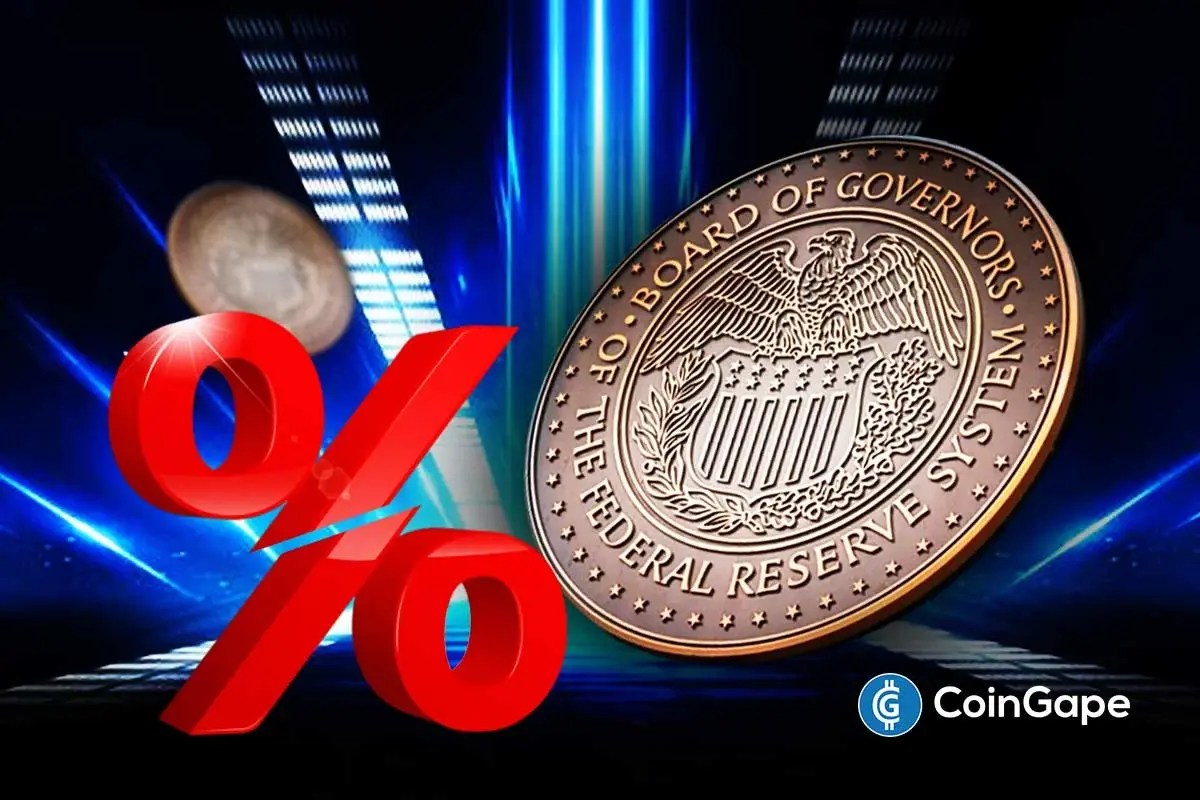Thai authorities have signaled their intention to stifle the operations of bad actors using online platforms and mobile networks to defraud unsuspecting users, unveiling new ID verification systems.
Digital Economy and Society Minister Chaichanok Chidchob hosted government agencies and private sector operators for a policy meeting to protect consumers. The high-level meeting included representatives from Google (NASDAQ: GOOGL), TikTok, and Line, with the discussions focusing on closing loopholes used by scam syndicates.
The National Broadcasting and Telecommunications Commission (NBTC) received the green light to limit SIM card ownership to under five mobile numbers. The NBTC Board will review and roll out guidelines for the new SIM cap aimed at eliminating “ghost SIMS.”
Apart from issuing a cap, the ministry has ordered stringent controls on SIM registrations nationwide, with only authorized distributors given the liberty to onboard new users. Under the new guidelines, the authorized distributors are required to use Dip Chip identity verification, while users in high-risk areas along the borders will be given enhanced monitoring.
Furthermore, only the Department of Provincial Administration at the Interior Ministry will have the authority to issue “Survival SIMs” with global coverage and multi-network roaming. Plans to roll out guidelines for compensating scam victims and accelerating legal action against bad actors are also underway.
The minister noted that local regulations and policies will not be a silver bullet against rising scam incidents, emphasizing the need for international cooperation. Chidchob disclosed that Thailand is inching toward joining the United Nations Convention against Cybercrime (UNCC), signed by nearly 75 countries in October.
Social media platforms face scrutiny
Meanwhile, Chidchob urged global digital platforms like Facebook and TikTok to adopt a tougher stance on scam syndicates operating on their services. He reiterated the need for an upgrade in user identification on the platform, pushing for real-name checks and face biometrics.
“Global platforms must play a stronger role in protecting Thai users – not just by providing services, but by sharing responsibility for preventing cybercrime,” said Chidchob.
Furthermore, he made a case for global platforms to verify the identities of advertisers to reduce scam incidents. Previously, Thailand had threatened to ban Facebook over rising scam cases in the country amid rebuttals by platform operators over “legally sensitive data requests.”
Bangladesh steps up digital defenses
Elsewhere, Bangladeshi authorities have unveiled new rules to protect the personal data of citizens in line with global standards ahead of plans for mainstream digitization.
The Bangladesh Council of Advisers has greenlit the Personal Data Protection Ordinance 2025 into operation, designed to improve the privacy, security, and ownership of personal data for citizens. Furthermore, the council gave its approval for the National Data Governance Ordinance 2025, with both regulatory playbooks receiving accelerated hearings.
A community reading of the Personal Data Protection Ordinance recognizes citizens as the rightful owners of their personal data. The regulation mandates that digital service providers obtain the express consent of citizens before collecting, storing, or transferring personal data.
Furthermore, citizens reserve the right to correct and delete access to their personal data while limiting automated decisions based on their data. The new rule makes special provision for sensitive data like health and financial information, with parental consent required for handling data belonging to minors.
Meanwhile, the National Data Governance Ordinance is considered Bangladesh’s foremost attempt to establish a data management authority. Under the regulation, a national data management authority will be in charge of rolling out data handling policies, ensuring compliance, and managing disputes.
The new body will confirm accountability between data processors and custodians while handling the additional responsibility of maintaining a National Source Code Repository. Both regulations make provision for administrative penalties and fines for violations of their provisions.
A bird’s-eye view indicates a similarity in Bangladesh’s data protection laws and the European Union’s GDPR and India’s Digital Personal Protection Act. Despite striving to align with global standards, the new rules take into account local nuance and the socio-legal context of Bangladesh.
The rules come amid plans by authorities to float a National Responsible Data Exchange (NRDEX), a platform designed to streamline data sharing between government agencies and enterprises. Meanwhile, the new data handling rules will play a key role in Bangladesh’s incoming digital ID system.
The slow and steady grind to digitization
Amid the push for data protection, Bangladesh has made impressive strides toward digitization, embracing artificial intelligence (AI) and blockchain. To deepen the local talent pool for emerging technologies, Bangladesh invested $208 million in training initiatives, sending promising university graduates abroad for upskilling.
The government has since turned its gaze to central bank digital currencies (CBDCs) to stifle the rise of private digital currencies. With AI, global organizations are keen on assisting Bangladesh in drafting watertight regulations for the emerging sector to protect consumers.
Watch: Blockchain could revolutionize cybersecurity
Source: https://coingeek.com/thailand-tightens-id-checks-bangladesh-boosts-data-security/


